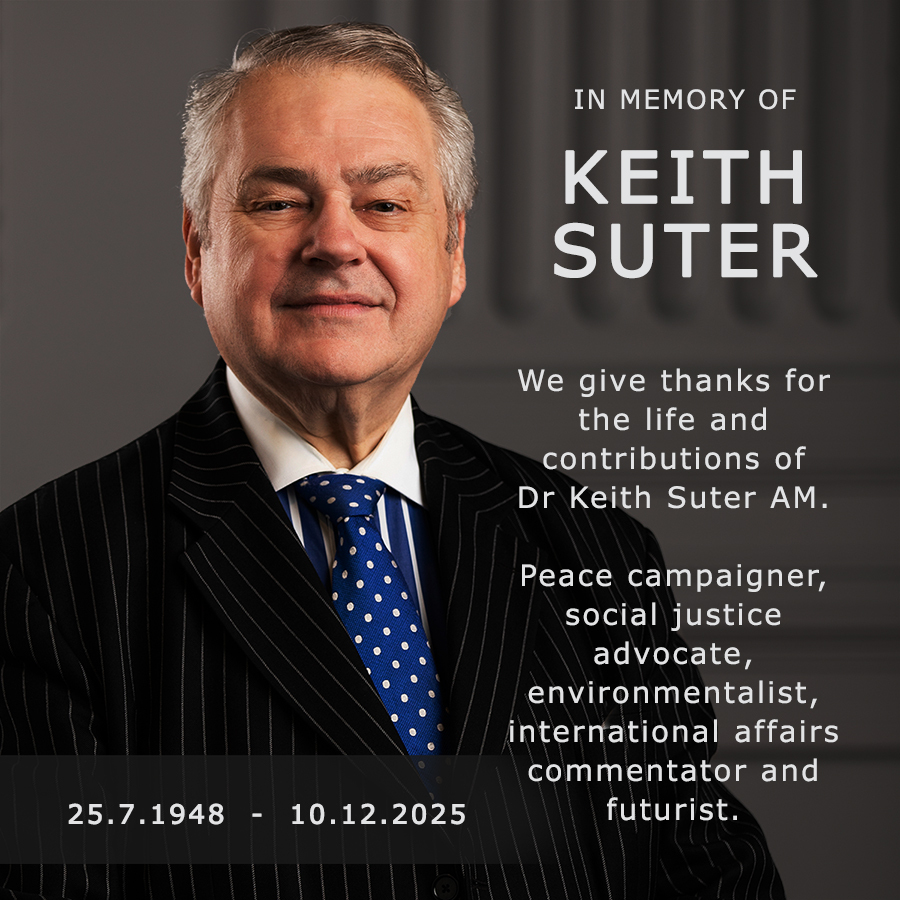
Archive Article: Learning About Foreign Affairs. 21st March 03
December 27, 2008
One of the features of the Iraq crisis has been all the public debate over whether there should be the use of force, and if so what should be done. The public’s right to know has been accepted as a fact of life and no one has suggested otherwise. But it has not always been like this.
There is now so much public debate over all sorts of issues that it is very easy to assume this has been a constant factor in politics. But before World War I in 1914, there was not a single non-governmental organization dealing with foreign policy. It was assumed that governments knew best and so they were left to make the decisions, with very little public discussion.
The main exceptions to that trend were the educational opportunities provided by churches to discuss current affairs. The Mission, for example, in 1908 created what was to become as the Pleasant Sunday Afternoon (PSA) as a way of discussing current affairs. Early PSA topics included “The Balkan Countries” and “International Economic Co-operation”- still current controversies!
World War I shattered the complacency that people had that all foreign policy decisions should be left to the politicians operating in secret. Some countries slipped into that war because of secret agreements that few people knew about.
The anger that many people felt about the way in which their countries slipped into war resulted in three main changes.
First, during the war, US President Woodrow Wilson proposed that far more discussion about foreign affairs should be undertaken by people in all countries. He talked about the need for “open covenants openly arrived at”. In other words, no more secret international treaties – and instead all agreements should be registered with the League of Nations (now United Nations). Australia has many treaties with other countries registered with the United Nations in this manner.
A second development was the creation of non-governmental organizations specifically to discuss foreign policy, such as the Australian Institute of International Affairs (created 70 years ago). By the way the Mission continued with the Pleasant Sunday Afternoon and its wide range of topics, such as the 1968 Soviet invasion of Czechoslovakia and the Vietnam War.
A third development has been the rise of “open source” information. Far more information is now available from far more sources than ever before. Government intelligence agencies no longer have a monopoly (if they ever did) on information about events overseas. Journalists are more questioning – and listeners, viewers and readers are more savvy than ever before.
All this information is called “open source” because it is open to the general public. With 24 hour a day radio and television news services, the general public can be kept informed of events just as they occur. They do not need to wait for the evening television news to find out what happened.
This includes heads of government. In the previous Gulf War, the CIA complained to President Bush senior that he was not paying enough attention to the briefing material the CIA sent him. He replied that the material arrived late – while he could watch CNN television instantly.
Broadcast Friday 21st March 2003 on Radio 2GB’s “Brian Wilshire Programme” at 9pm.

